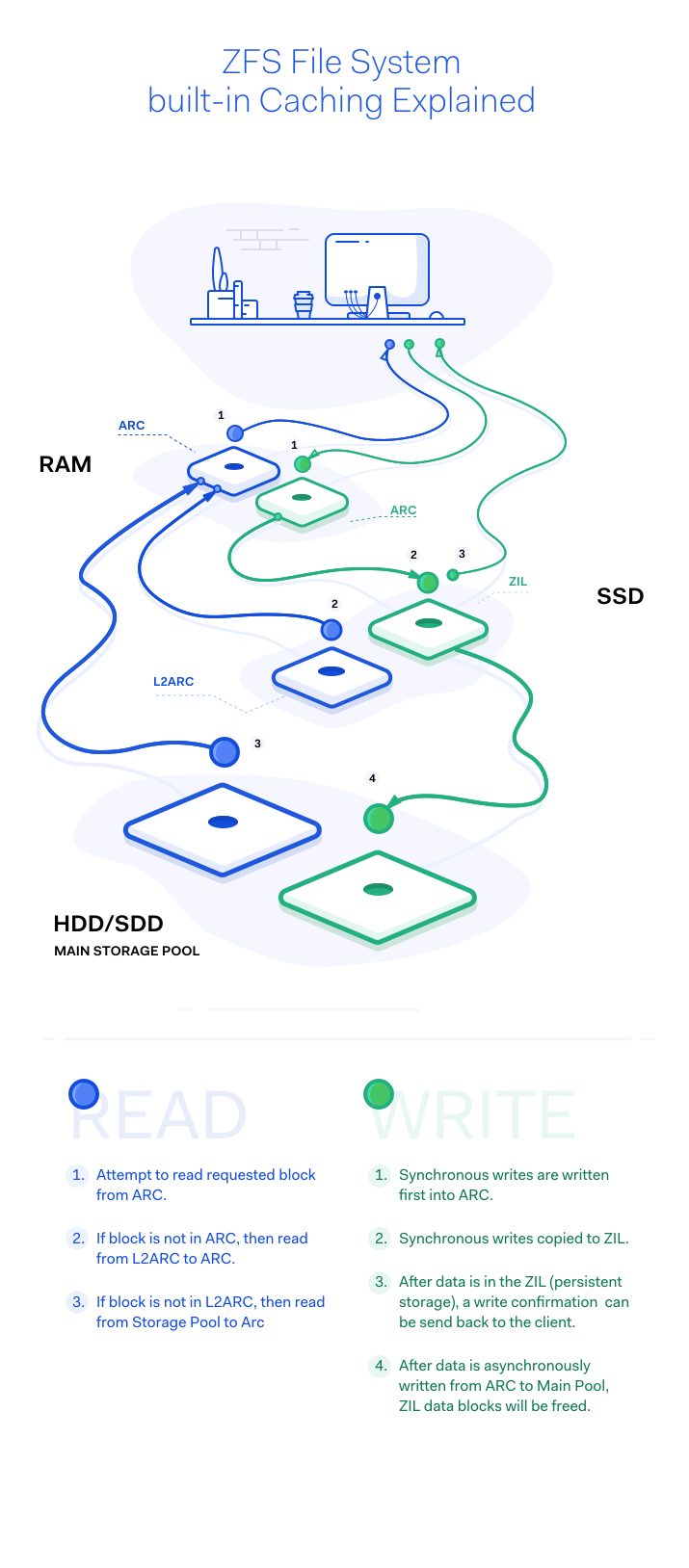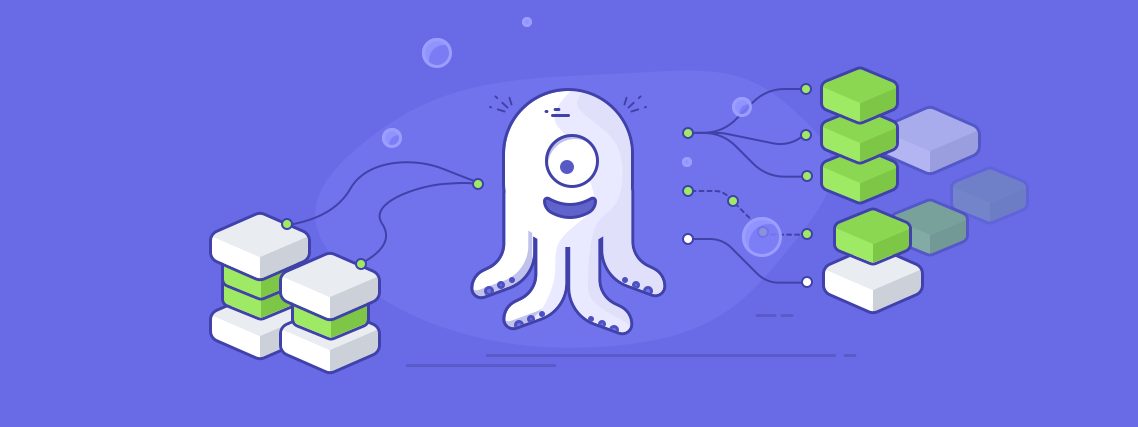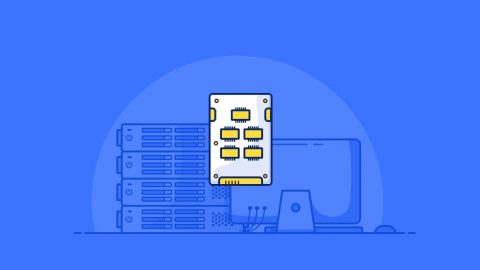If you are struggling with SAN performance issues like slow downs under backups, or heavy DB usage, then ZFS might be a viable solution.
In this blog post, we’ll go over how the now archaic limitations imposed by legacy filesystems such as ext3, ext4, and even NTFS – are completely overrun by the ZFS filesystem.

ZFS features advanced built-in caching for both reads and writes and can even leverage commodity SSD drives as caching space extenders
Benefits of ZFS File System
With ZFS filesystem in a proper “best practices” configuration, you can bring all the “bad practices” of the past and work on sorting them out in peace, rather than under pressure. ZFS raises the bar significantly giving your application breathing room.
1. Native Caching that Works
ARC Cache
What’s it do: Provides RAM based Read Caching with advanced algorithms.
“Yep, I saw that block there, let’s cache it in case they ask for it again”
ZIL Cache
What it does: Provides SSD based write intent logs caching for faster writes.
“We have to write XYZ on block 123, do it in a few minutes when we’re idler”
Direct SAS Disk Pass Through
Direct SAS disk pass through gives the storage administrator extremely detailed information about physical disk health.
Just “OK” or “Failed” is not acceptable to a professional.
We need to know about:
- Grown defect table
- Increased CRC errors,
- Incomplete read/writes.
ZFS wants to know about this because that’s how it guarantees “end to end” data integrity.
ZFS Send / Receive
This lets us “backup” our entire disk every 5 minutes without impeding performance – at all.
A properly organized ZFS server will be able to incrementally replicate even a 1TB LUN full of active datasets within a few seconds, assuming normal workloads.
ZFS Compression
Did you ever notice, that if you write zeros to your disk, the disk will actually take the time to write them out?
The fact that they are zeros, doesn’t mean it takes any less to write them out than as though this were real data.
Just consider how much of the data our systems write on a regular basis, is highly compressible!
- Log files
- Transaction logs
- Email logs
- Emails themselves
- HTML
- CSS
- pretty much everything except JPG’s, are highly compressible.
ZFS leverages all of Intel Xeon’s capabilities such that compression actually boosts performance significantly, a stark contrast to the last time compression was popular (think NTFS compression mid-2000’s).
This means, that if you use ZFS for your primary storage you will absolutely see a massive performance boost in all activities, day to day, during backups, during upgrades, reboots.
ZFS Availability
Considering that ZFS filesystem compresses data on the fly with a performance boost in the process, we can now completely shift away from parity-based RAID sets, even for situations where >200TB of storage is required.
RAID 10 and nested RAID 10’s (100) is the best case scenario, with typical web-data compression ratios of 1.7-1.75X:1.
Not only do you boost performance, availability, and scalability – but you can even save money by purchasing fewer disks, and striping and mirroring along the way instead of “risking it all” with parity RAID (5/6/50/60
ZFS Snapshots
Sometimes editors make mistakes and accidentally erase files. In the case of a large news portal, with over 100 editors writing daily, this happens.
That‘s why snapshot backups (updated hourly!) are so critical!
With ZFS, snapshotting an entire volume and archiving snapshots over an extremely long period of time is easy.
With deduplication enabled, you can store hundreds of snapshots within a zPool so you can restore an individual file from months in the past, easily and quickly using any SFTP based file transfer tool.
Final Takeaway
Because data integrity should always be every system administrators primary concern, we only recommend solutions have repeatedly proven to guarantee file consistency, as well as recoverability in the event of media failure, or user error.
And ZFS definitely fits the bill.
Your files deserve a safe, reliable place to stand. And if you are also able to roll back unwanted changes, or see previous versions of files at any time, that‘s an amazing bonus. So if you have complex storage requirements that surpass the capabilities of Direct Attached Storage, why not consider a dedicated ZFS SAN for your block storage?



